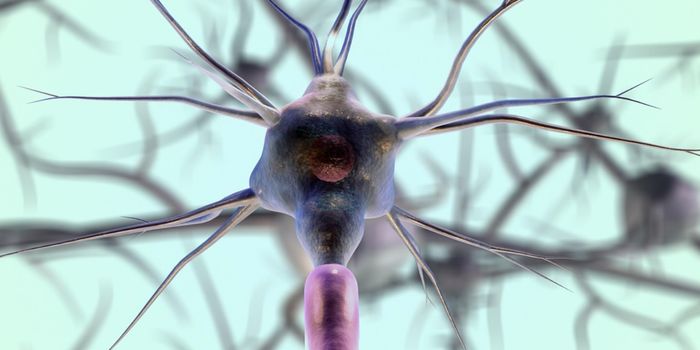Air Pollution Linked to Brain Inflammation and Reduced Sperm Count
Air pollution induces brain inflammation in male mice, which in turn reduces sperm count and fertility. The corresponding study was published in Environmental Health Perspectives by researchers at the University of Maryland School of Medicine (UMSOM).
Researchers have known for some time that stress affects fertility and sperm count. For example, emotional distress can lead to delayed or skipped ovulation cycles in women.
Furthermore, previous studies found that some, but not all, mice exposed to air pollution developed inflammation in the testes. In the current research, the scientists chose to further investigate whether effects on the brain may act as an intermediary between air pollution and reduced sperm count.
“Our findings showed that the damage due to air pollution—at least to the sperm count—could be remedied by removing a single inflammation marker in the brains of mice, suggesting that we may be able to develop therapies that could prevent or reverse the damaging effects of air pollution on fertility,” said lead study author Zhekang Ying, Ph.D., Assistant Professor of Medicine at UMSOM.
For the study, the researchers gathered healthy mice and mice bred to lack an inflammatory marker in the brain known as Inhibitor Kappa B Kinase 2 (IKK2). They then exposed both groups of mice to filtered air or air pollution and tested their sperm counts.
They found that mice without the IKK2 inflammation marker in their neurons experienced no reduction in sperm count when exposed to polluted air, unlike healthy mice.
After further experimentation, the researchers found that a specific kind of neuron linked to sleep cycle and obesity responded to air pollution and thus lowered sperm counts. These neurons are typically located in the hypothalamus, the part of the brain overseeing hunger, thirst, and sex drive. The hypothalamus is also known to work with the pituitary gland to make hormones that communicate directly with reproductive organs.
The researchers say that it makes sense for the hypothalamus to be the mediator between air pollution and low sperm count as it is a major pathway between the brain and reproductive system.
“These findings have wider implications than just fertility, as there are many conditions, such as high blood pressure, diabetes, and heart disease that can result from brain inflammation due to air pollution,” said Charles Hong MD, Ph.D., MD Professor in Medicine and Director of Cardiology Research at UMSOM.
“Environmental pollution is a problem of equity in that some persons who are poor or of color tend to face more severe health-related conditions due to greater exposure. It is important to explore the mechanisms by which pollution affects the body, so we can devise ways to prevent or treat these conditions to eliminate these health disparities,” said E. Albert Reece, MD, Ph.D., MBA, Executive Vice President for Medical Affairs, UM Baltimore.
Sources: Environmental Health Perspectives, Neuroscience News









